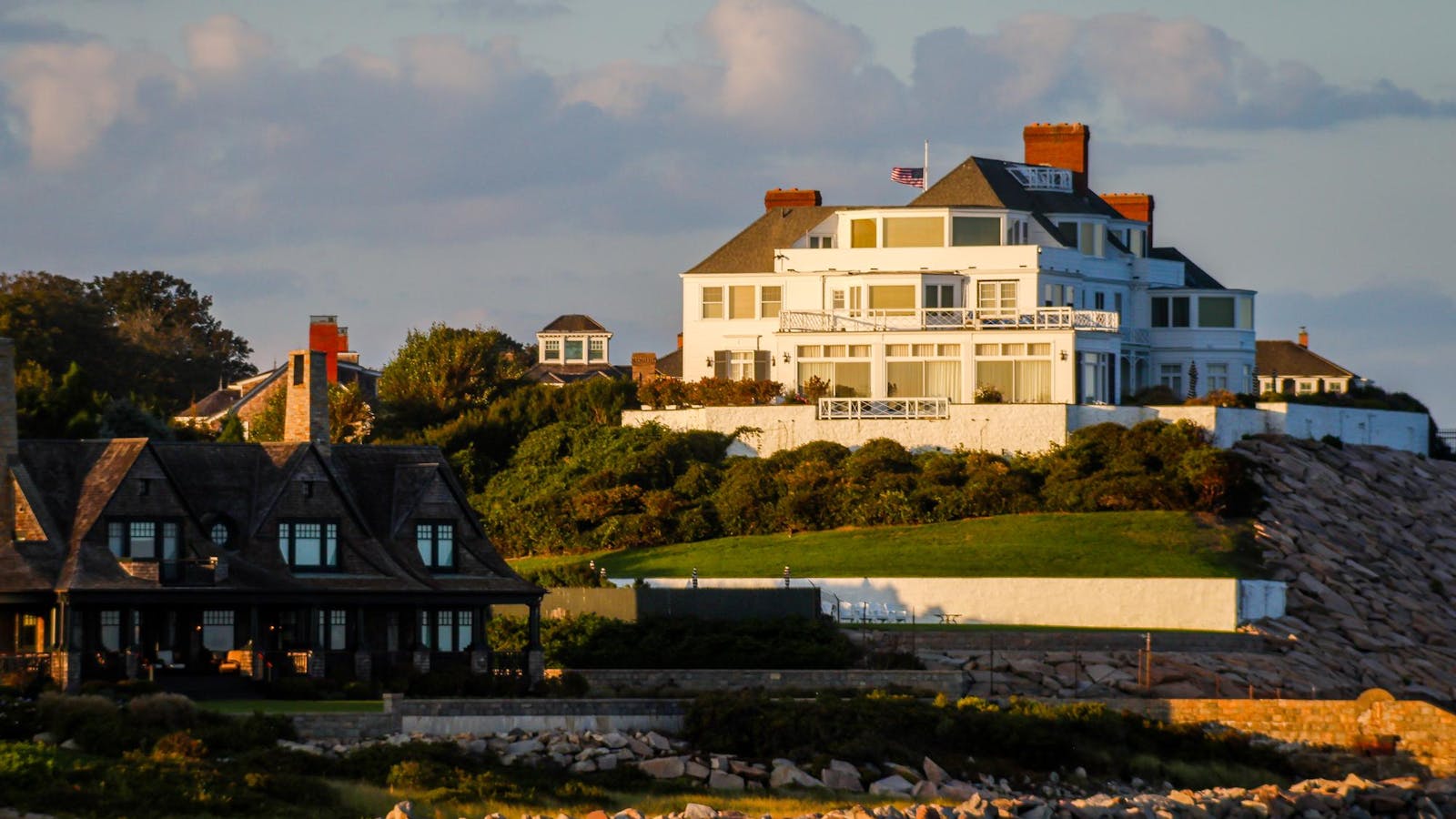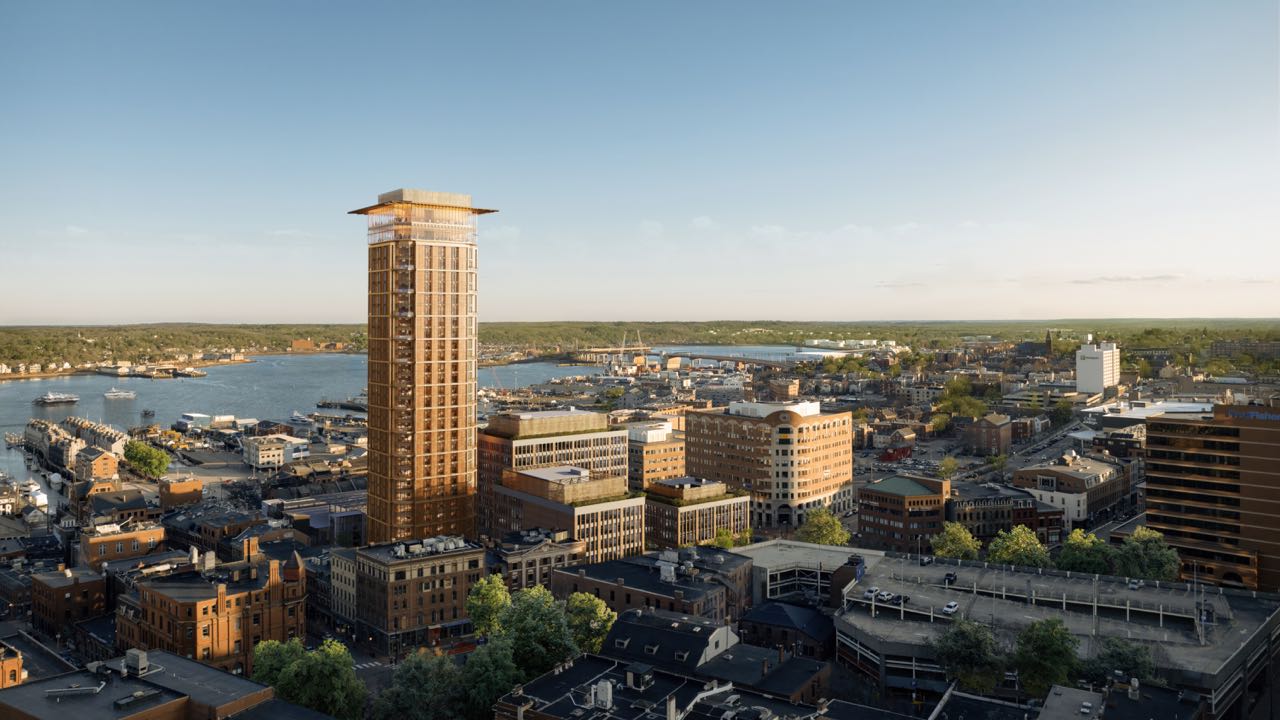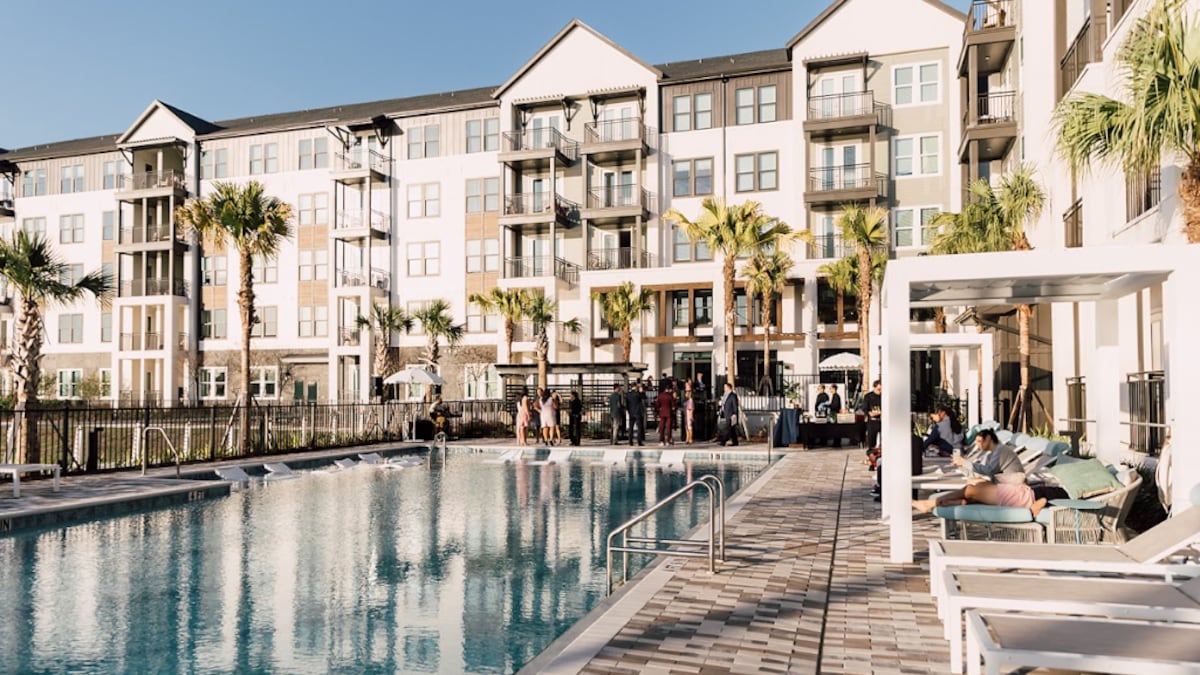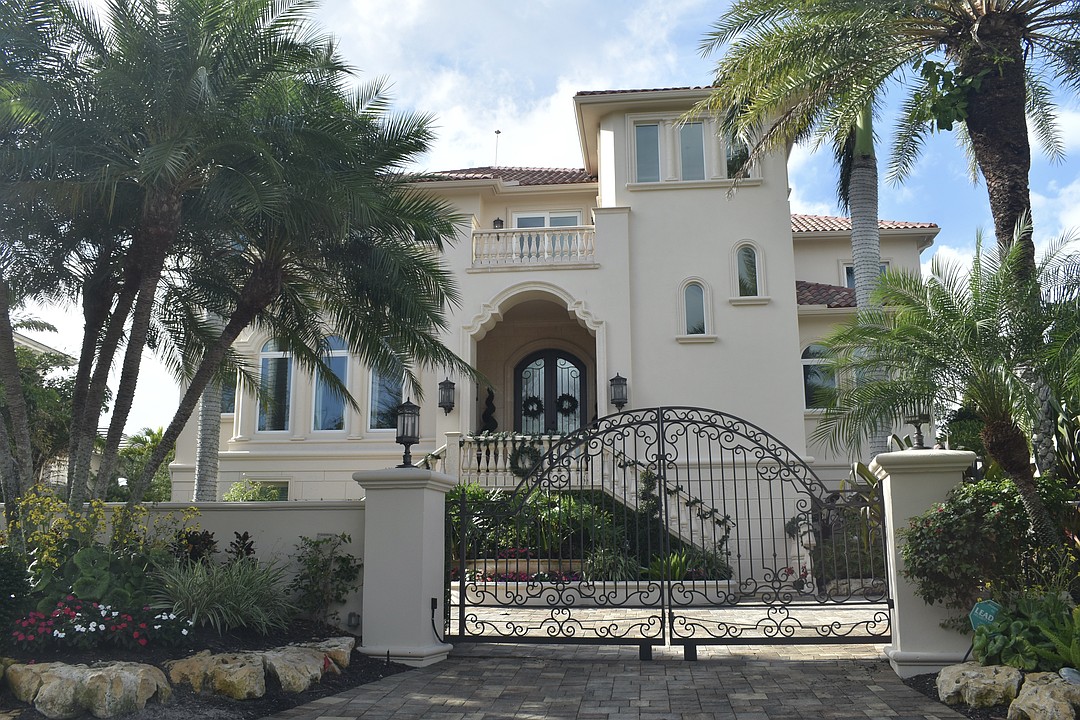R
hode Island will impose a new surcharge on second‑home owners whose properties are valued at $1 million or more, starting July 1 , 2026. The Non‑Owner Occupied Property Tax applies to homes occupied by the owner or a long‑term renter for fewer than 183 days a year. For every $500 of value above the first $1 million, an extra $2.50 is added to the annual tax. A $1.5 million house would pay $2,500, while a $3 million property would owe $10,000.
The measure has earned the nickname “Taylor Swift Tax” on social media. Although the pop star has no connection to the legislation, her $17.75 million Westerly mansion would see an additional $136,000 in taxes next year.
RIHousing data shows that in 2022, roughly 70 % of Westerly homes were used seasonally—more than twice the state average. In 2024, about one in four residential sales involved buyers from outside the state, and for luxury homes over $1 million, that figure rose to nearly two in five. Buyers from Boston, New York, and Connecticut dominate the market, bringing larger budgets and broader search areas. Their competition drives multiple‑offer situations and pushes median and high‑end prices upward.
Westerly’s median home price is $525,000 (Redfin), lower than other Rhode Island second‑home hotspots. Newport’s median sits around $854,000, while Jamestown’s median price is close to $1.6 million.
Chris Whitten, president of the Rhode Island Association of Realtors, warns that the new tax will hurt both current owners and prospective buyers. He reports that many clients are dropping Rhode Island from their vacation‑home lists after learning about the surcharge, questioning the appeal of investing in a second home when taxes will rise sharply.
Gordon King, a long‑time Newport realtor, notes that the tax is now a staple topic in client conversations. He believes the impact will be short‑term and unlikely to reshape the long‑term real‑estate landscape in places like Newport. “If you want to be here, you’ll already be paying a premium for the house,” he says. “The tax is just another cost to consider.”
The proposal is not new. In 2015, Gov. Gina Raimondo introduced a similar bill that faced strong opposition and failed to pass. King attributes the current traction to a tighter inventory, higher demand, and the state’s revenue challenges, which make it easier for lawmakers to target non‑voting property owners.
Short‑term rental operators may also feel the effects. An Airbnb spokesperson said the company cannot predict the law’s impact but noted that hosts adjust rates in response to regulatory changes, tourism demand, and economic conditions. Airbnb reported $8.2 million in Rhode Island sales last year and emphasized its commitment to fair, balanced legislation that protects local communities while allowing residents to share their homes.
Social media reactions have been mixed. Some users support the tax, calling it a “tax the rich” measure that should be adopted nationwide. State Sen. Meghan Kallman (D‑Pawtucket, Providence) posted a supportive comment, arguing that working Rhode Islanders cannot afford housing and that the tax protects ordinary people. Conversely, Chris Whitten cautions that tourism dollars could be diverted away from the state if the tax deters buyers.
In short, the “Taylor Swift Tax” will raise property‑tax costs for high‑value second homes, potentially altering buyer behavior, affecting short‑term rentals, and reshaping the competitive dynamics of Rhode Island’s real‑estate market.















